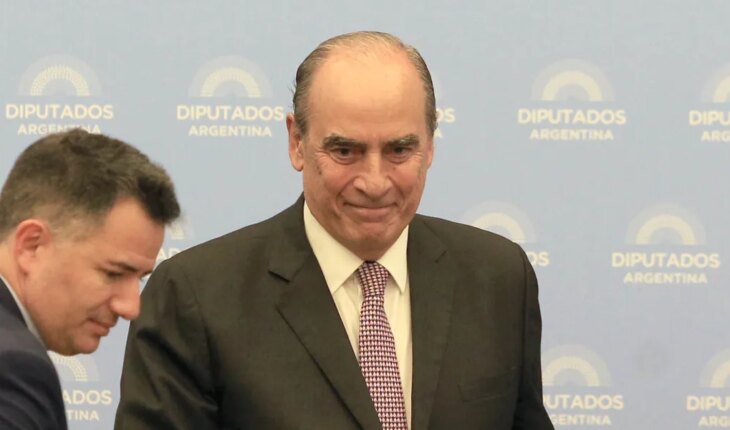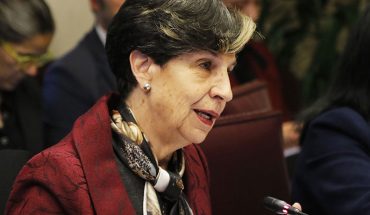The Minister of the Interior, Guillermo Francos, announced this Friday that “two or three alternatives” are being studied to set the increases in the income of retirees, an issue that is at the center of the debate after the bill “Bases and Starting Points for the Freedom of Argentines” was sent to Congress. In an interview for the channel All News (TN), Francos said that “leaving the formula as it is would be one” of those alternatives and the others could be linked to “generating the update by some index,” such as inflation. Francos said that what the national government proposed in the “Bases” bill is to give “the power to the Executive to set pensions until a definitive formula is found.” There is no agreement in Congress, we understand, to delegate this power to the Executive; So, we’re looking at two or three different alternatives to deal with the issue,” he admitted. For Francos, “what would be fair, if one were to think seriously, what one should do, is to guarantee retirees an income that allows them to live with dignity.” “What happens is that we have distorted the retirement system so much, there have been so many people who retired and receive pensions without ever having contributed to the system, that the relationship is absolutely distorted and it is all a burden for the Treasury, it is financed with the Treasury, not with the contributions of the assets,” said the minister. The government reached an agreement in principle with the opposition and expects it to be ruled on Tuesday The executive decided to give in to key reforms that lawmakers were not willing to approve, despite the fact that the president himself, Javier Milei, said they were not open to negotiations. For the ruling party, the fundamental reforms contained in the omnibus law are key to sustaining both the agreement with the IMF and the adjustment that the Milei government decided to make. Among the modifications they defined are: the reduction from 2 to 1 year of the powers delegated to the Executive Branch, limiting the areas of declared emergencies, and the implementation of a new formula for retirement mobility tied to the inflation index, or the withdrawal of that article to be discussed later in a separate regulation. In addition, it would include removing YPF from the list of public companies declared subject to privatization, the elimination of export duties applied to regional economies, and setting aside the electoral reform for uninominal jurisdiction.
Francos said that “two or three alternatives” for retirement mobility are being studied
January 19, 2024 |





